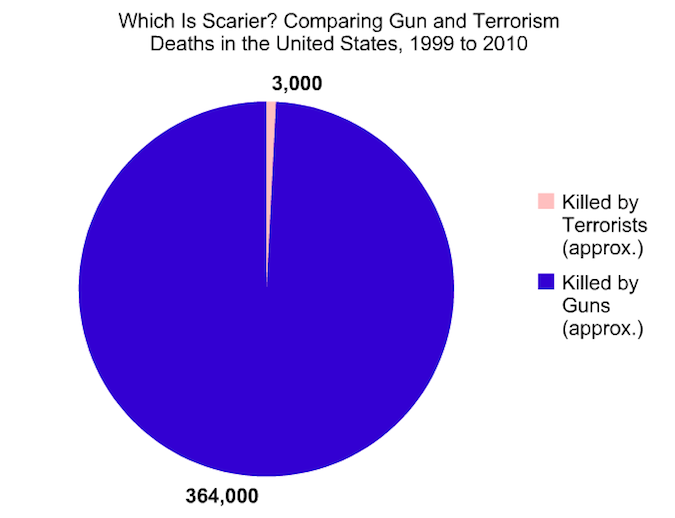Roger Cohen has a terrific column in today’s International Herald Tribune listing the things we wouldn’t have known if Edward Snowden hadn’t revealed them.
Here’s a summary of Cohen’s list:
We would not know:
We would not be:
We would not have:
In short, without Snowden’s revelations we would not be having
a long-overdue debate about what the U.S. government does and does not do in the name of post-9/11 security — the standards applied in the F.I.S.A. court, the safeguards and oversight surrounding it and the Prism program, the protection of civil liberties against the devouring appetites of intelligence agencies armed with new data-crunching technology — would not have occurred, at least not now.
That just about nails it.


